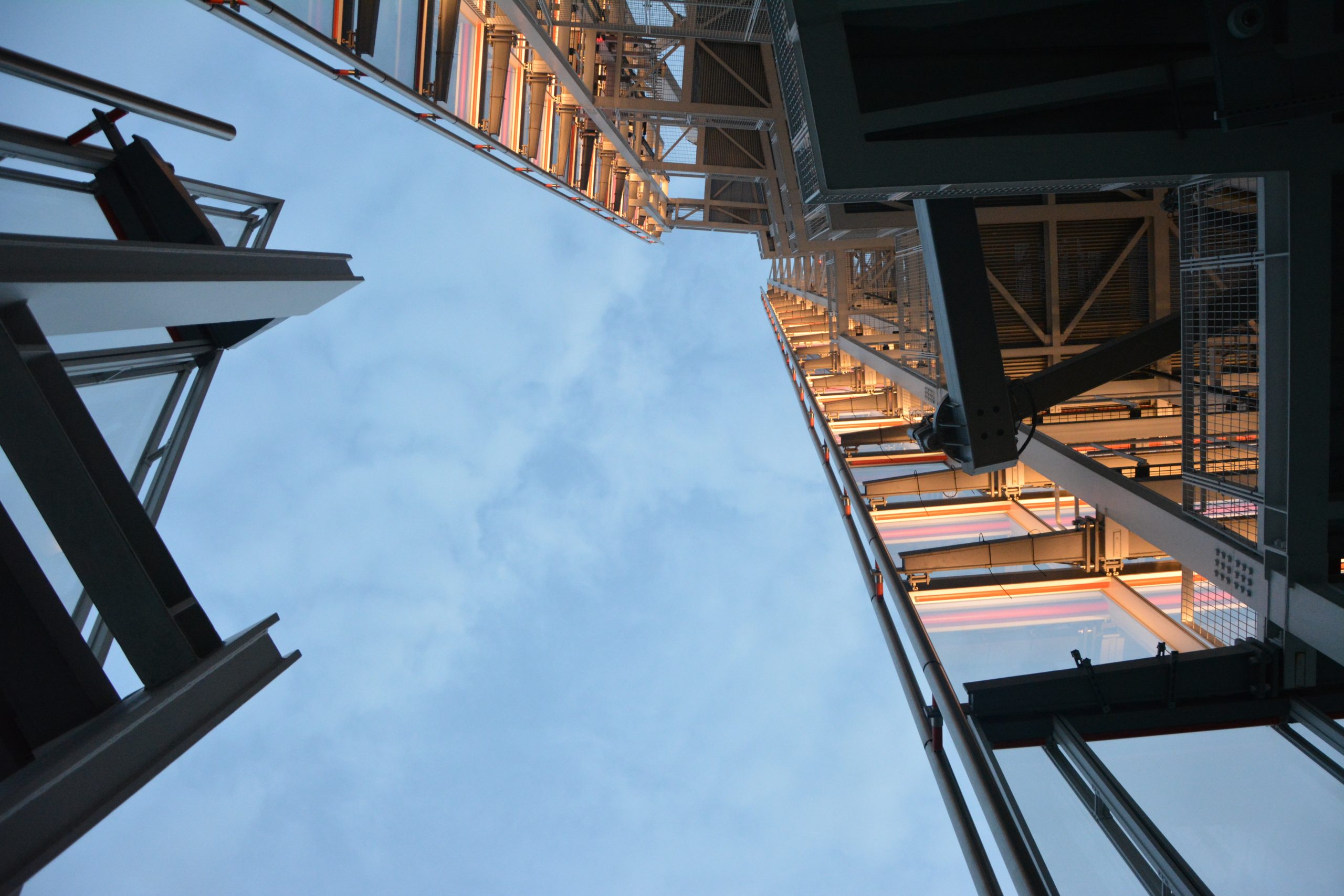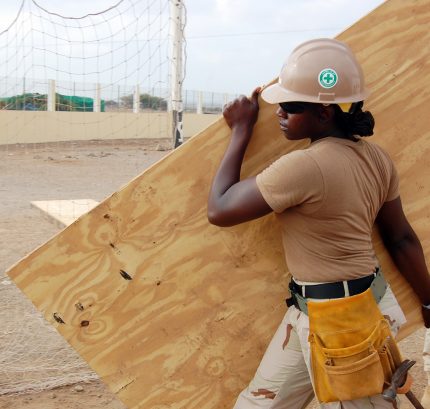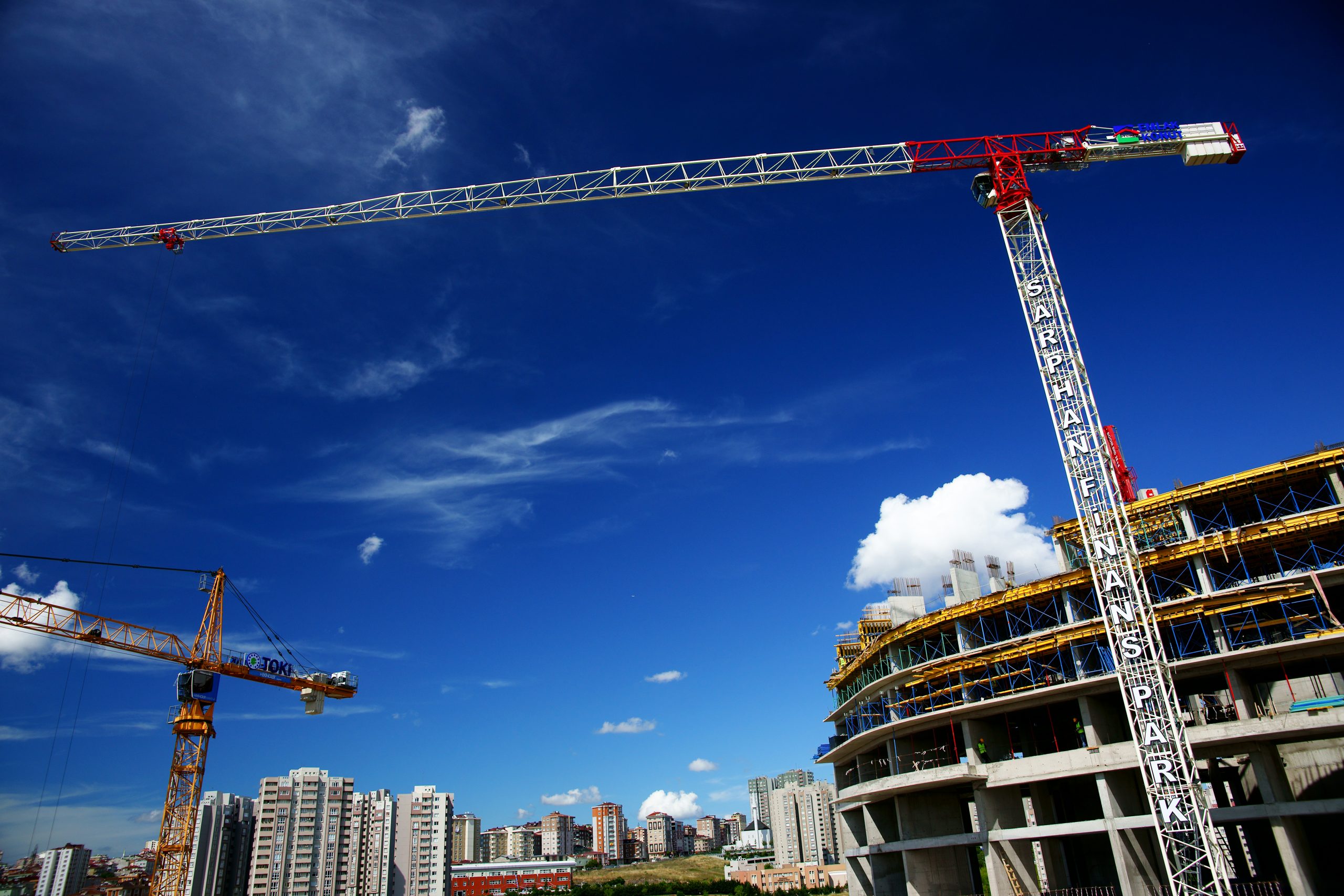What impact does this have on construction costs?
According to Urbanation, 28,000 new homes were scheduled to be delivered to the market this year to supply critical housing to the market. This delay will exacerbate the already lack of supply in the market. The construction delays and freezes are all going to add to the lack of housing supply in the city while demand for housing will still continue climb.
Ten years ago, the entire residential development process took 5-6 years. Now it takes 7-8 years because zoning and construction processes are now taking longer – projects are not getting approved, not enough trades etc. From what we’ve learned due to COVID-19 and some city offices closures, zoning and building permits are not being processed at the moment and have been delayed until the end of June. This means for those builders who were hoping to have all that under their belts for a fall launch of new condo projects they will have to wait longer in queue once the city offices reopen. As a result, these project launches will get pushed back to the following year.
Construction costs are always rising. There was a projected annual increase of 10% in construction costs for 2020. It will be interesting what the exact increase in costs will be this year factoring in the impact of COVID-19. Subsequently, land costs were projected to increase to $300/ Sq. Ft. from $250/Sq. Ft. in 2017 – 2019.
As construction prices rise, condo prices rise as well to make projects financially viable. Builders will likely not be dropping prices on pre-construction condos. In fact prices will continue to hold steady for the time being with high likelihood of increasing as the entire industry attempts to recuperate for the impacts of COVID-19.
This is good news for those who have already purchased pre-construction property. By the time you take occupancy of your new condo 3-5 years from today, the economy would’ve rebounded and we would be living in times known as PC Post-COVID-19, your property price would have appreciated in value aligned with the future market value at that time.
For now, in these uncertain times as your already purchased pre-construction is under construction, you do not have to worry about taking a mortgage or looking for new tenants or dealing with tenants who may be in tricky situations and are unable to pay rent. Timing is everything!
This blog post is written by Madiha Khan founder of Toronto Condo Investments, a real estate investor and realtor with Century 21 Atria Realty Inc.






